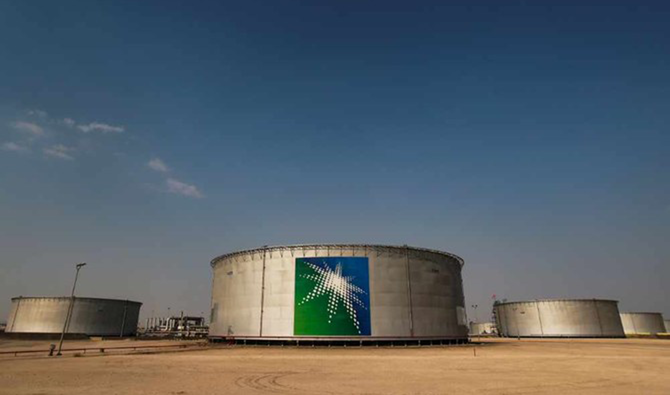
- ARAB NEWS
- 05 Jul 2025

The additional measures undertaken by Saudi Arabia to further cut output by 1 million barrels per day (bpd) next month will help to stabilize the market balance between supply and demand.
This is not about boosting prices, which have been moving in a narrow range of around $30 per barrel for Brent crude oil for the second week in a row.
Accordingly, Saudi Arabia will produce 7.49 million bpd of crude oil in June, which is one million bpd below its agreed OPEC+ quota.
This is about 4.8 million bpd lower than the record for Saudi crude oil production set in April when it reached 12.3 million bpd.
Under the OPEC+ agreement, Saudi Arabia’s original output ceiling was 8.49 million bpd for May and June, and 8.99 million bpd for the rest of the year. So why the need for this voluntary output cut just as demand is starting to pick up following the easing of coronavirus-related lockdowns?
The move came despite signs of improving global oil demand, but was nonetheless necessary to accelerate absorbing the global oil surplus and in order to help global refiner’s logistics. This will effectively give them more room in their tanks to process new cargoes of crude oil.
As Saudi Energy Minister Prince Abdul Aziz bin Salman highlighted, the Kingdom wants to be ahead of the curve by expediting the rebalancing of the market.
This move may encourage other producers inside and outside OPEC+ to collaborate in similar ways to help normalize the market.
While some analysts may question whether this alone is enough to rebalance the market, it will at the very least help to reduce pressure within the storage space and buy time to wait for a demand rebound.
It also reinforces Saudi Arabia’s role as the world’s only swing producer that was able to reduce oil output from a record 12.3 million bpd to just 7.49 million bpd in the space of two months. No other producer could manage that and it reflects the still unparalleled infrastructure of Saudi Aramco.
• Faisal Faeq is an energy and oil marketing adviser. He was formerly with OPEC and Saudi Aramco. Twitter:@faisalfaeq